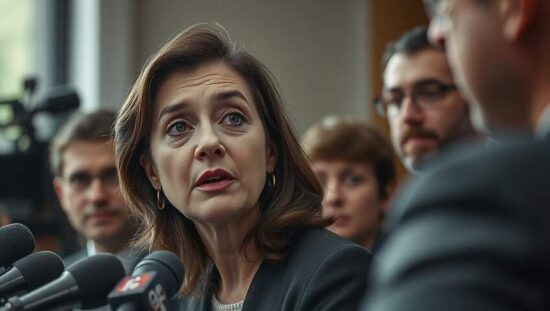The debate surrounding escalating costs within German care facilities has intensified, with Gerda Hasselfeldt, President of the German Red Cross (DRK), advocating for a cap on individual contributions.
Speaking to Funke-Mediengruppe newspapers, Hasselfeldt argued for a fundamental shift in the system, proposing a model where individuals requiring care would contribute a fixed proportion toward their care expenses, making financial planning more predictable. This model, often referred to as a “base-peak swap” would see the care insurance system and the state assume responsibility for costs exceeding this capped contribution, preventing the direct passing of price increases onto residents. While supporting the concept of a maximum contribution, Hasselfeldt refrained from specifying a precise figure.
Recent data reveals a concerning trend, with out-of-pocket payments for residents now averaging over €3,000 per month nationwide, according to an analysis by the Association of Substitute Insurers. This signifies a substantial financial burden for individuals and their families, potentially leading to a cycle of poverty. “Care is becoming a trap” Hasselfeldt stated, emphasizing the significant strain on vulnerable populations.
Looking ahead, Hasselfeldt expressed apprehension about the challenges facing future generations seeking care placements. The number of individuals requiring care has doubled in the last 20 years and is projected to continue rising. This surge in demand is compounded by a stagnation in the number of qualified care professionals. This precarious combination of workforce shortages and funding deficiencies is already evidenced by care facilities reducing bed capacity, closing departments and, in some cases, facing insolvency. The ongoing demographic shift is anticipated to exacerbate the situation further.





